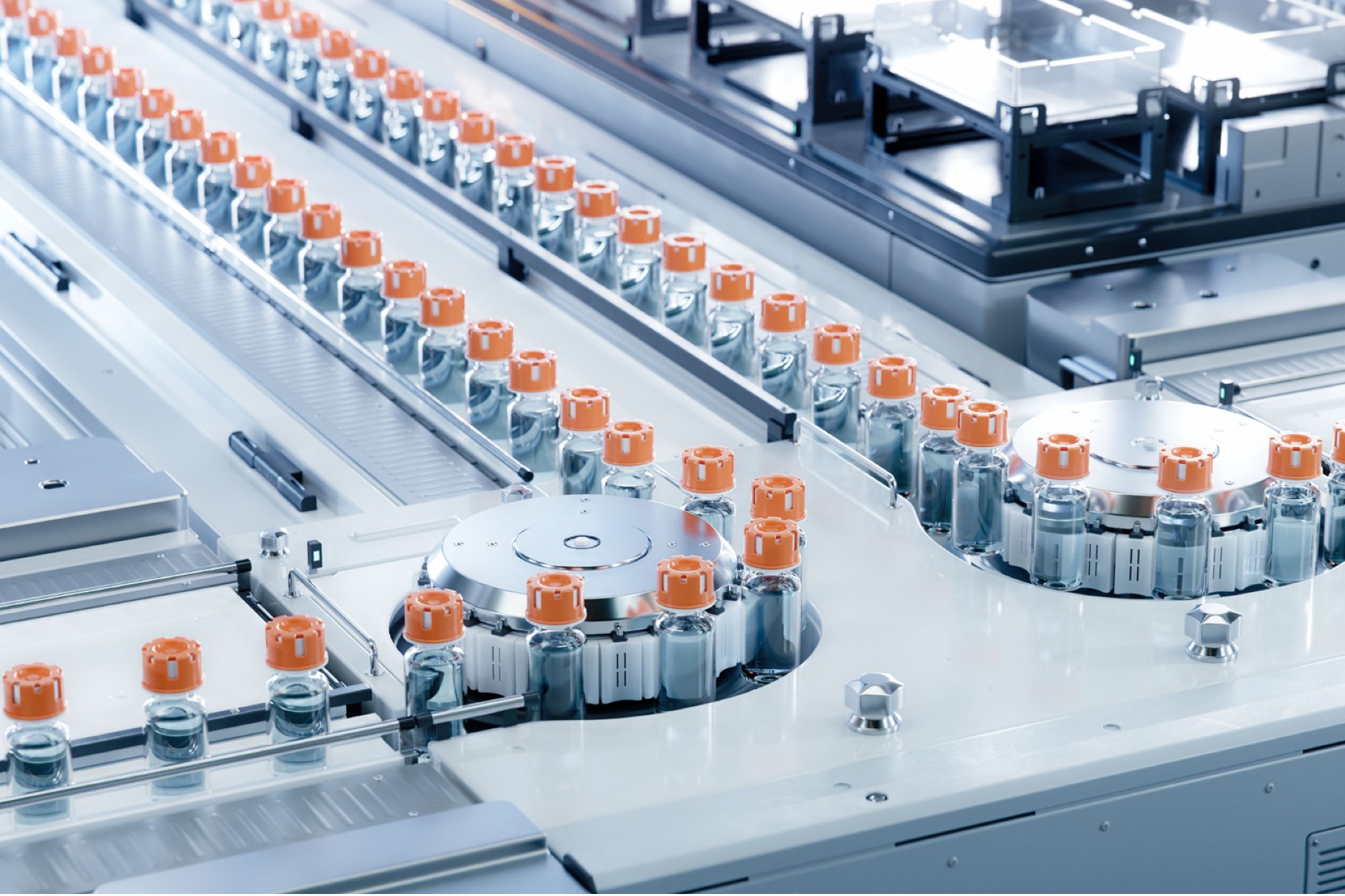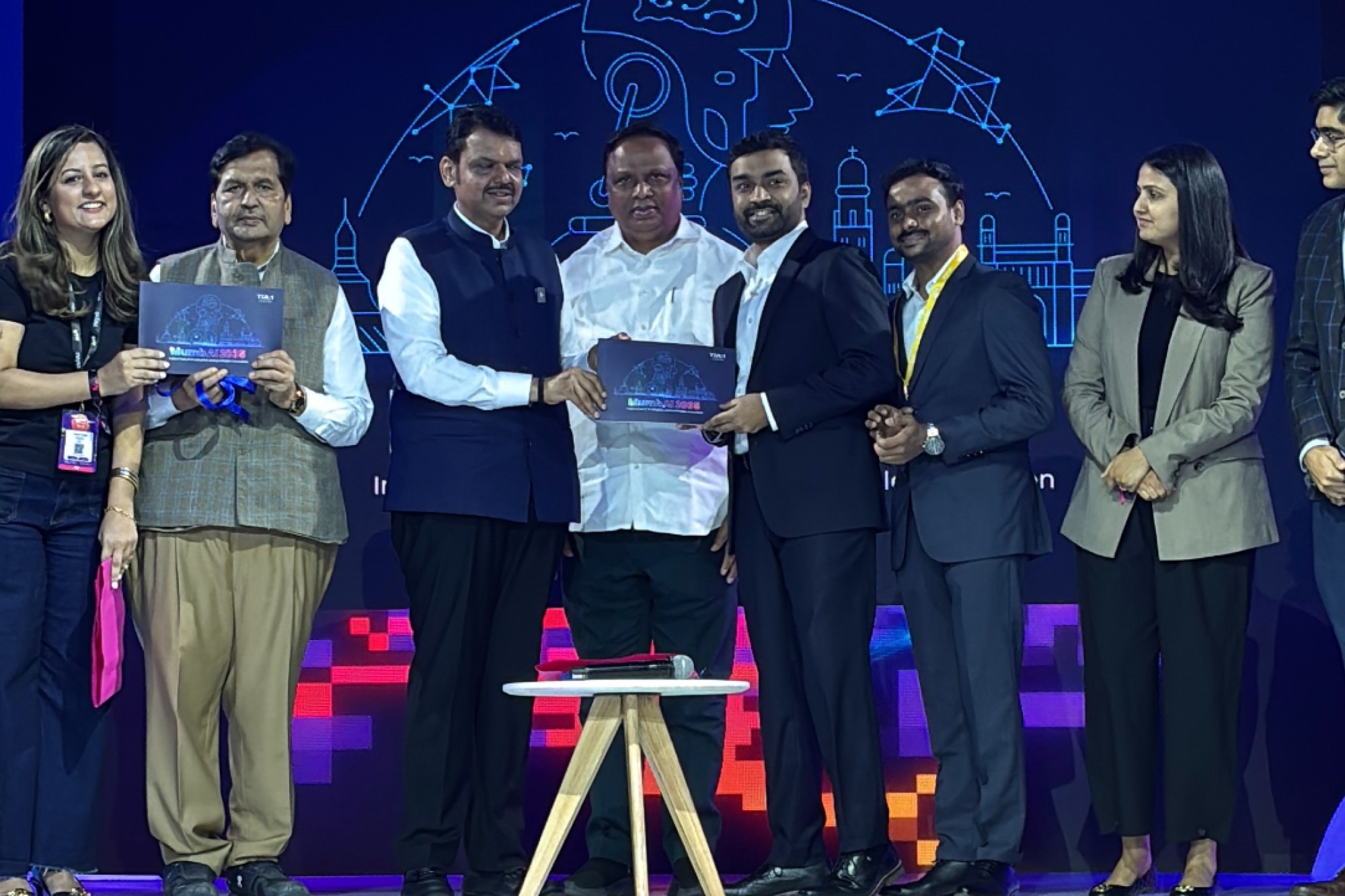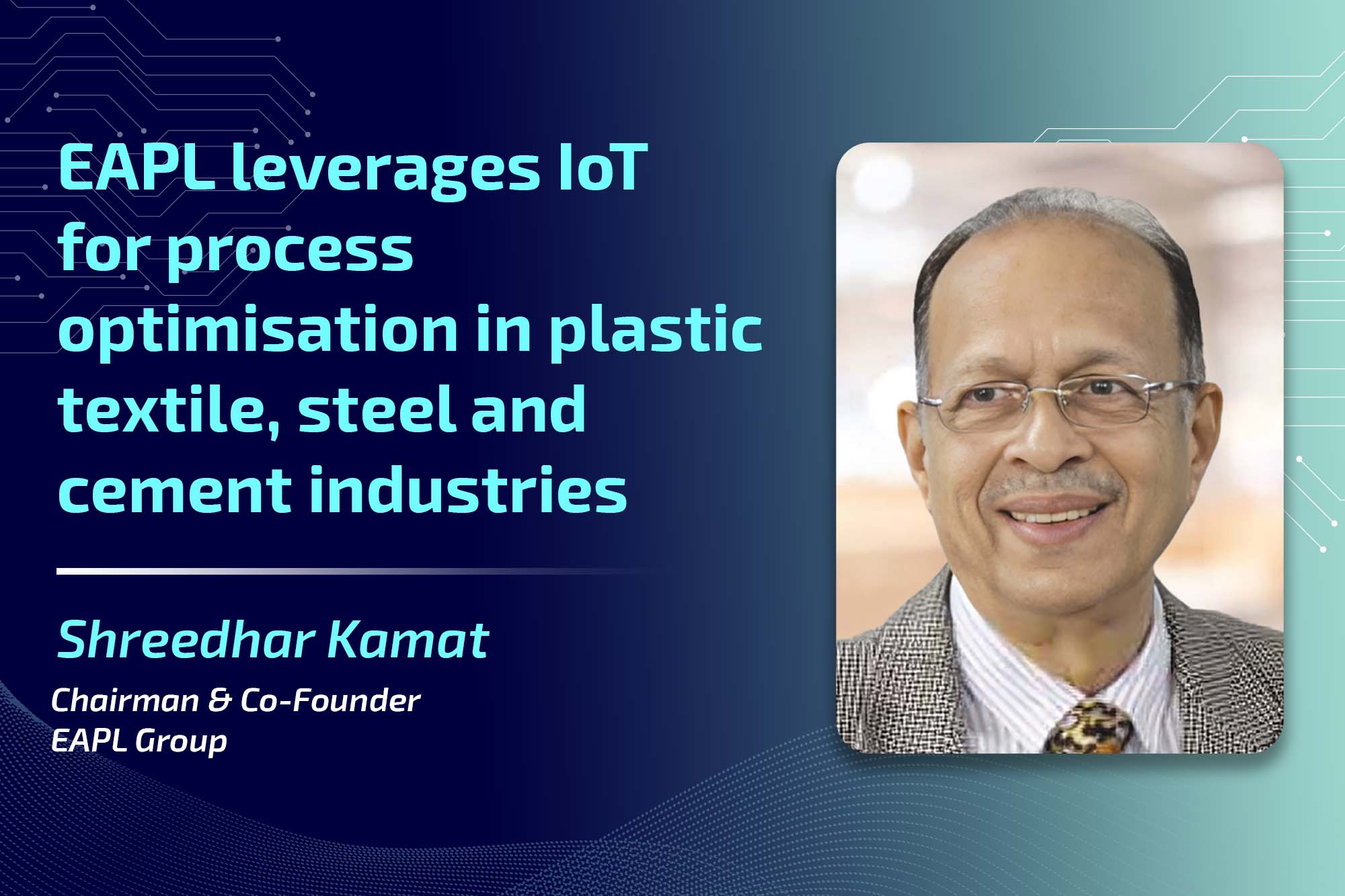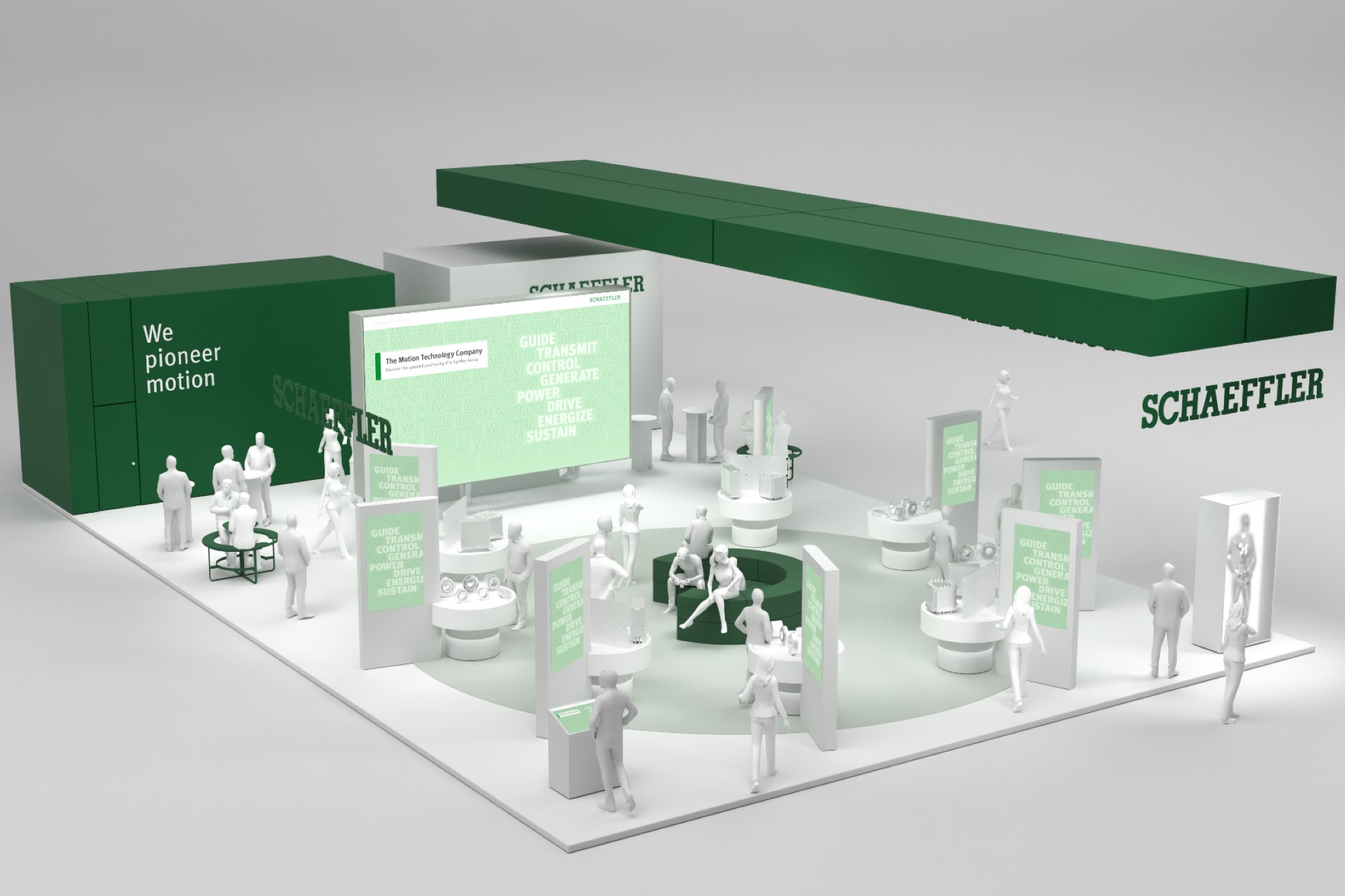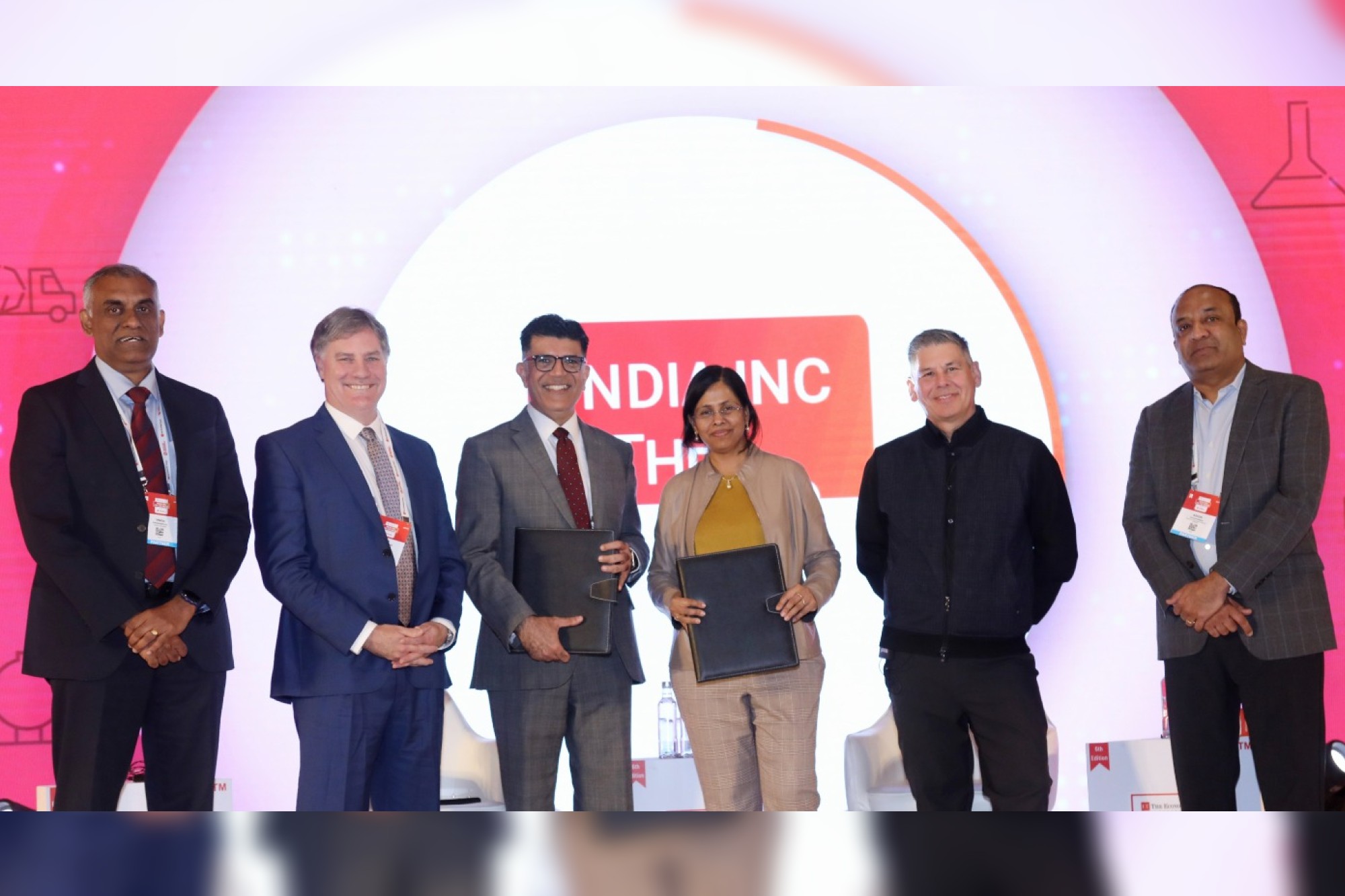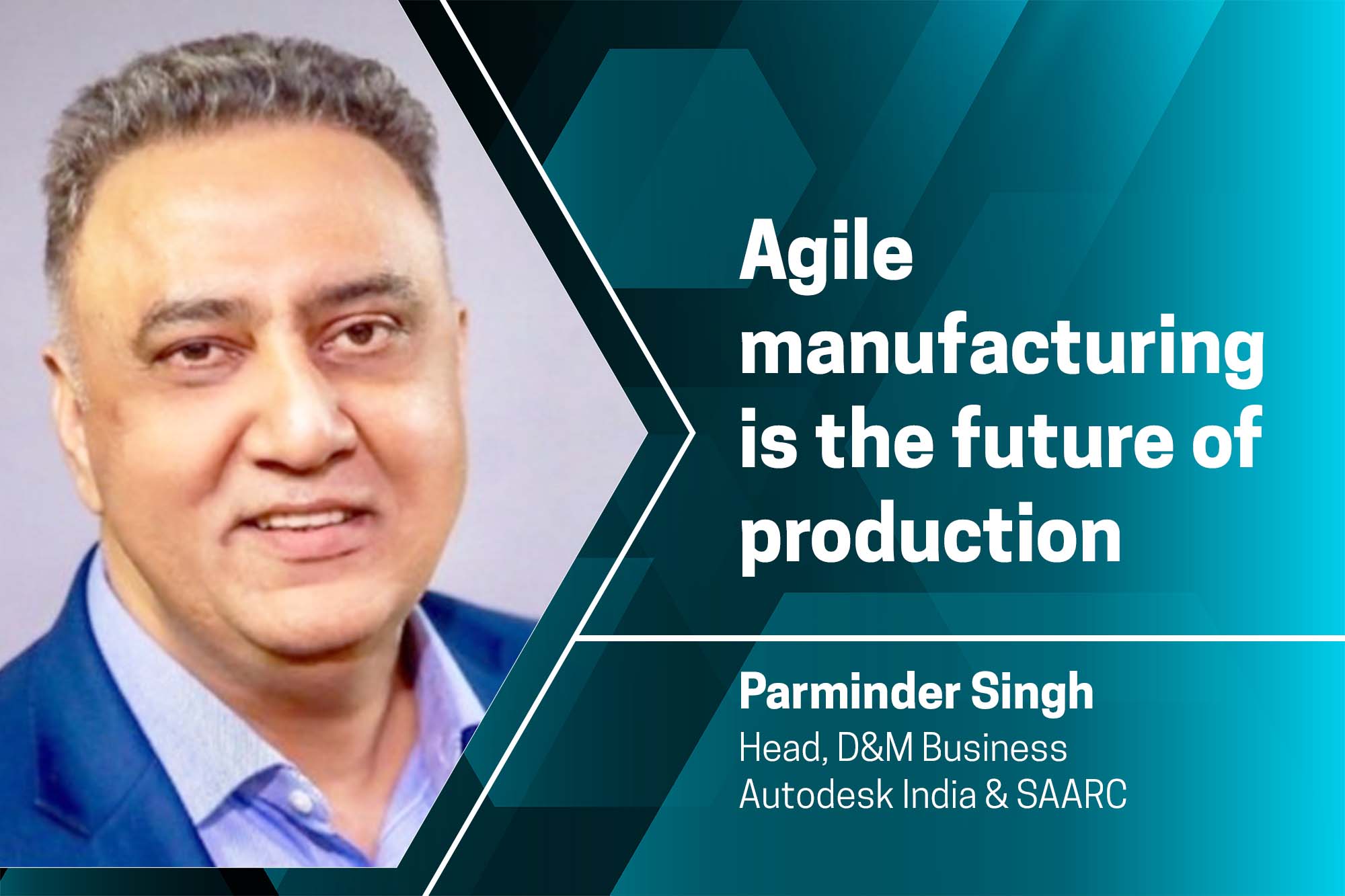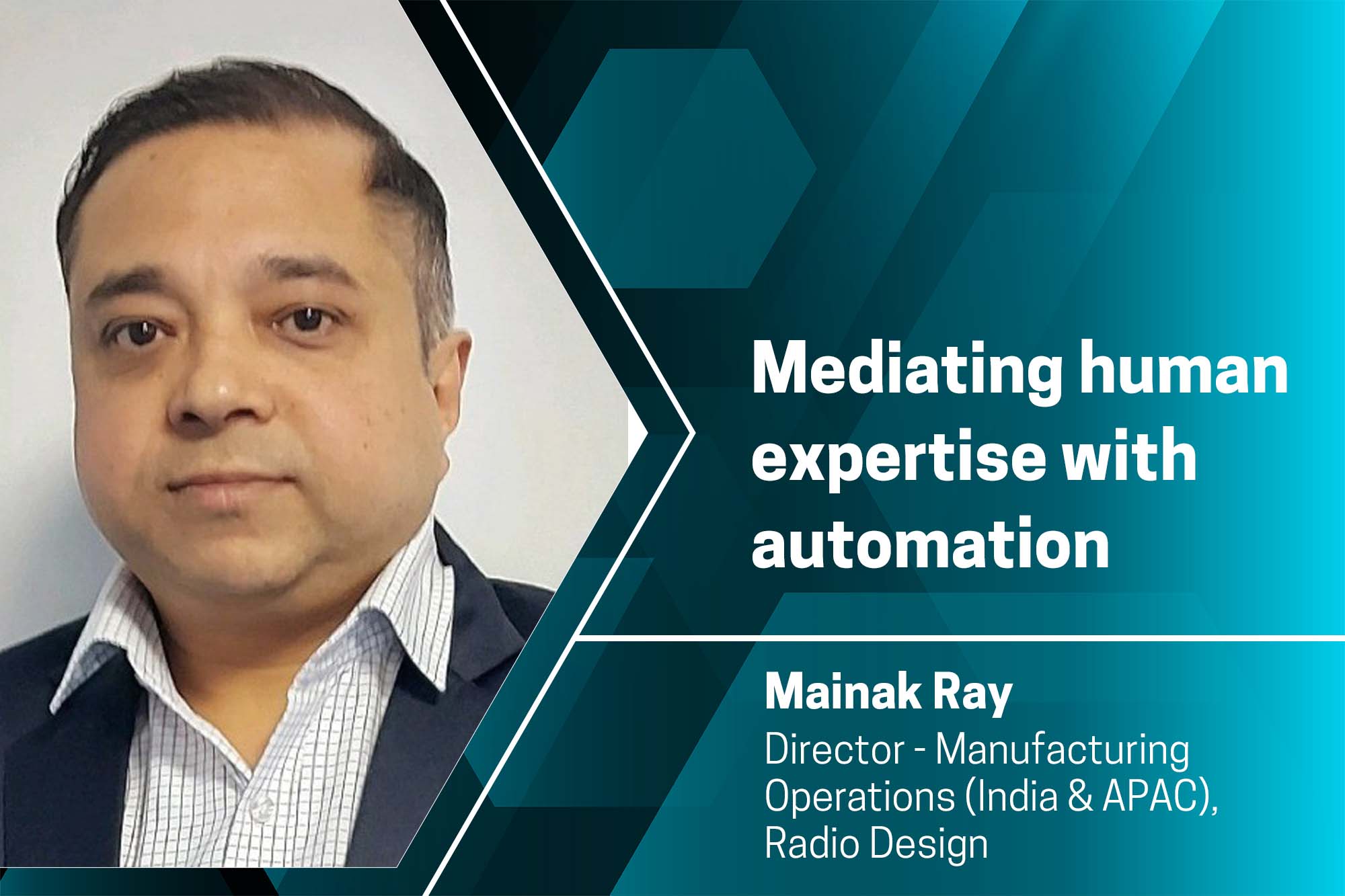India’s intellectual talent to deliver solutions globally
By OEM Update Editorial June 18, 2019 12:23 pm IST
Arun Moorthy, Regional Sales Director-SAARC, Red Lion Controls discusses the core elements of industrial automation which need a very high degree of reliability.
Make in India was said to be the dawn of ‘New India’. What do you think has Make in India made for India’s industrial automation sector?
Industrial automation is a very specific segment where changes happen slowly. In my view Make in India has incubated many technology software start-ups, who offer specialised and knowledge intensive solutions around data management and security.
What should be done to reboot and realign the priorities of Make in India and Digital India ,so as to turn India into a genuine industrial automation hub?
The core elements of industrial automation which needs a very high degree of reliability and sophistication should be brought in from the outside at the moment. There could be import exemptions given for the core to facilitate local assembly; a step forward. I would also strongly advocate mandatory courses for industrial automation software programming as part of vocational training in government run. Though these programmes are already being done, it needs to proliferate more.
Should India look at Industry 4.0 as an additive advantage for automation and a lucrative investment destination by other countries?
Absolutely! Indian software and systems integration talent especially around software and software services is amongst the best in the world. Countries could invest in India to deliver solutions locally and globally with India as base.
How would you define the role of robots in creating more efficient manufacturing operations?
Robots could perform mundane tasks outside of manufacturing process – but the core process per se, still will need human expertise – experiments are underway to get robots for the manufacturing process.
According to me, it won’t. Robotic process automation will need elements of the actual industrial automation to perform. Robotics is dependent on automation.
For an effective synchronisation of a robotics process, there needs to be a good combination of sensors, motion controllers, visualisation piece and software and system integration capabilities to be put together. A good number of technically capable solution providers from the traditional industrial automation space are now moving into robotics. This trend is a good example of industrial automation as applied in robotics. The core knowledge remains to be industrial automation, just the application changes to newer horizons.
What approach should industries consider to adopt intelligent automation?
Keep it simple! Dejargonise! Define the expected outcomes clearly with the outcomes and link them to an actual business result.Don’t go for ‘boxed’ solutions and look for customised scalable solutions.
A lot of solution providers in this domain start with what their solutions can do to solve a problem; the solution should start from the customer. There has to be a good knowledge of industrial automation hardware like PLCs, smart sensors etc., understanding and interpreting the data source is much more important than analysis itself. The industrial automation solution provider community is much better poised to deliver quality and relevant solutions around IIoT and Industrial 4.0
Industrial automation solution provider community is much better poised to deliver quality and relevant solutions around IIoT and Industrial 4.0 as compared to pure software players
Arun Moorthy, Regional Sales Director-SAARC, Red Lion Controls
Cookie Consent
We use cookies to personalize your experience. By continuing to visit this website you agree to our Terms & Conditions, Privacy Policy and Cookie Policy.




